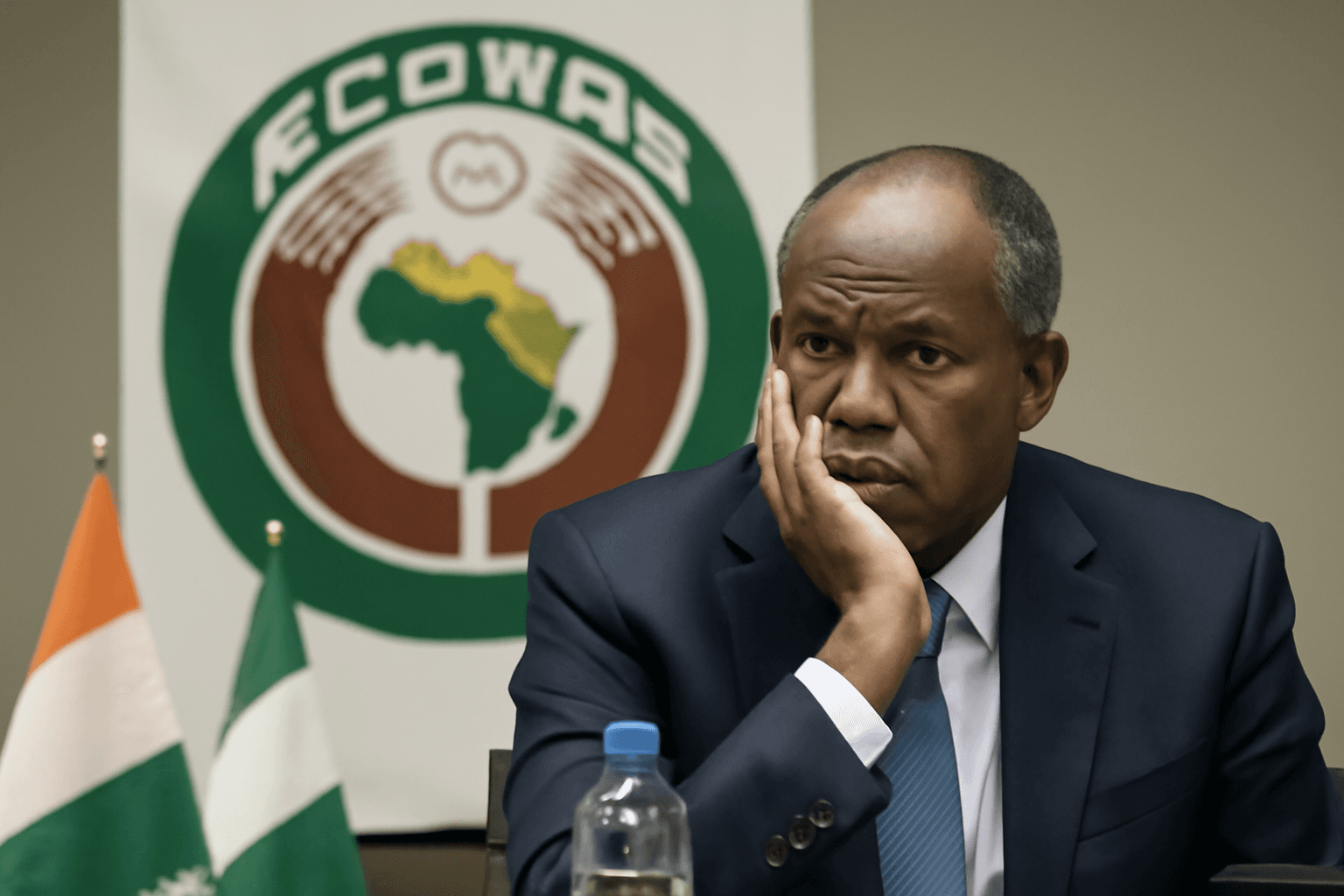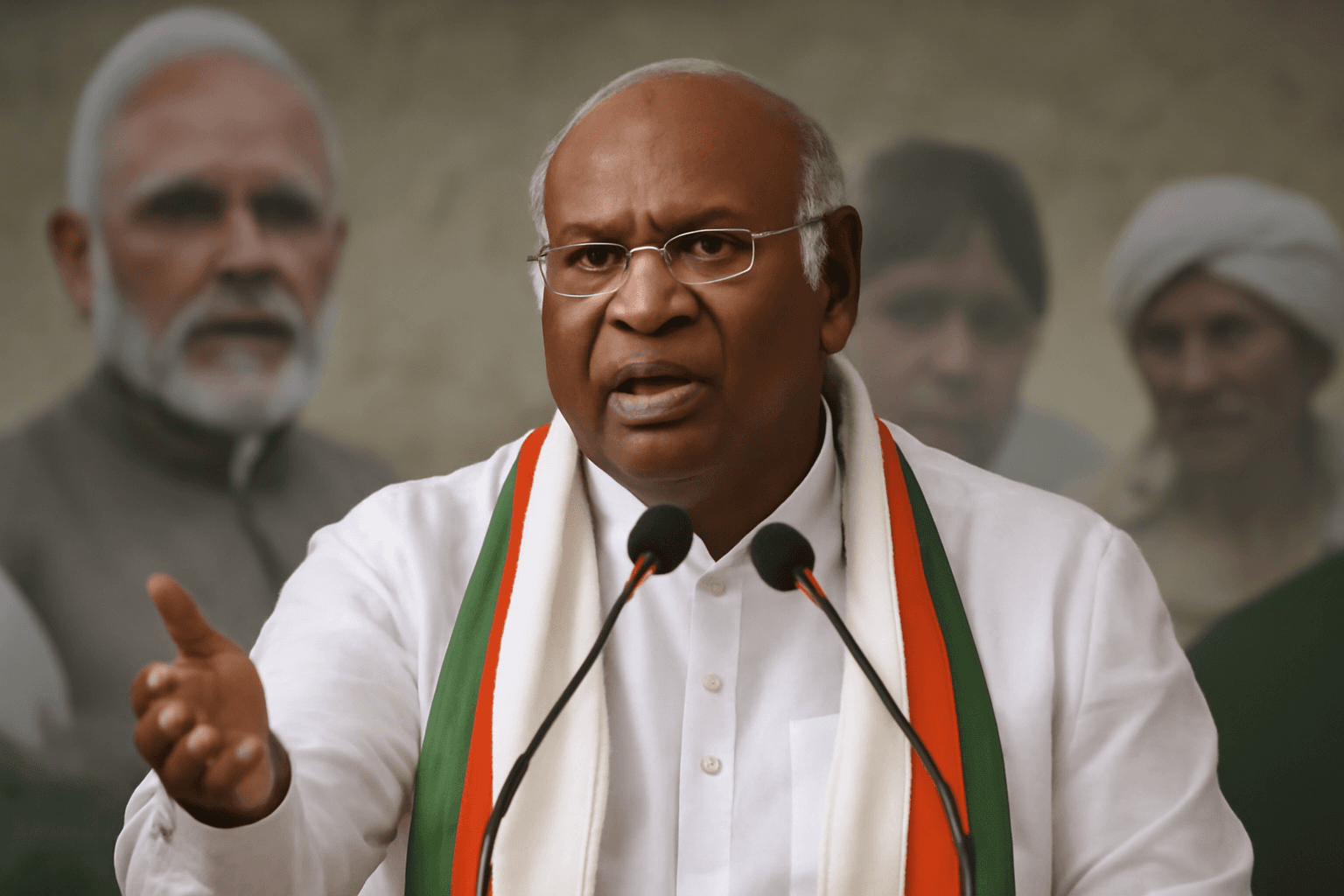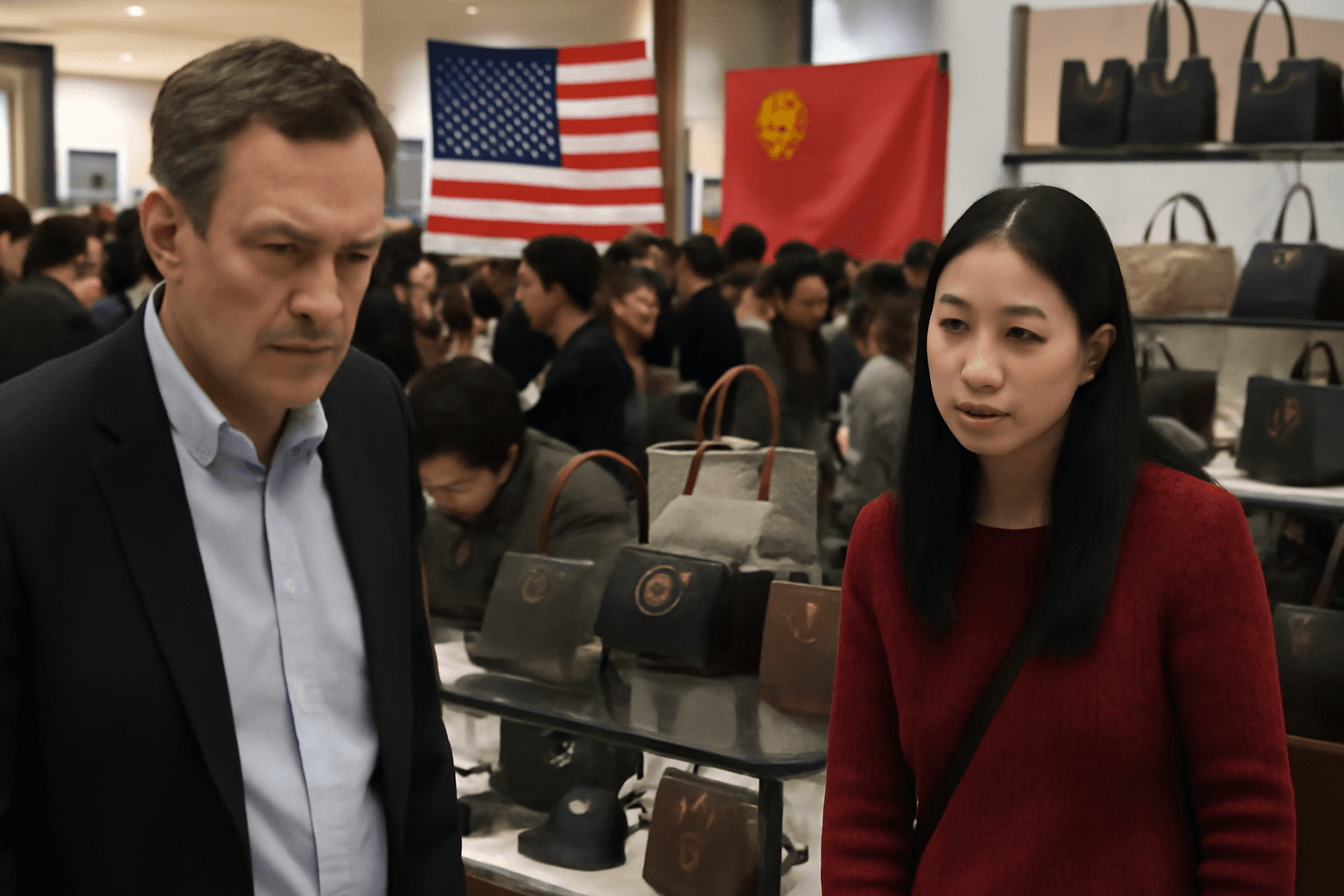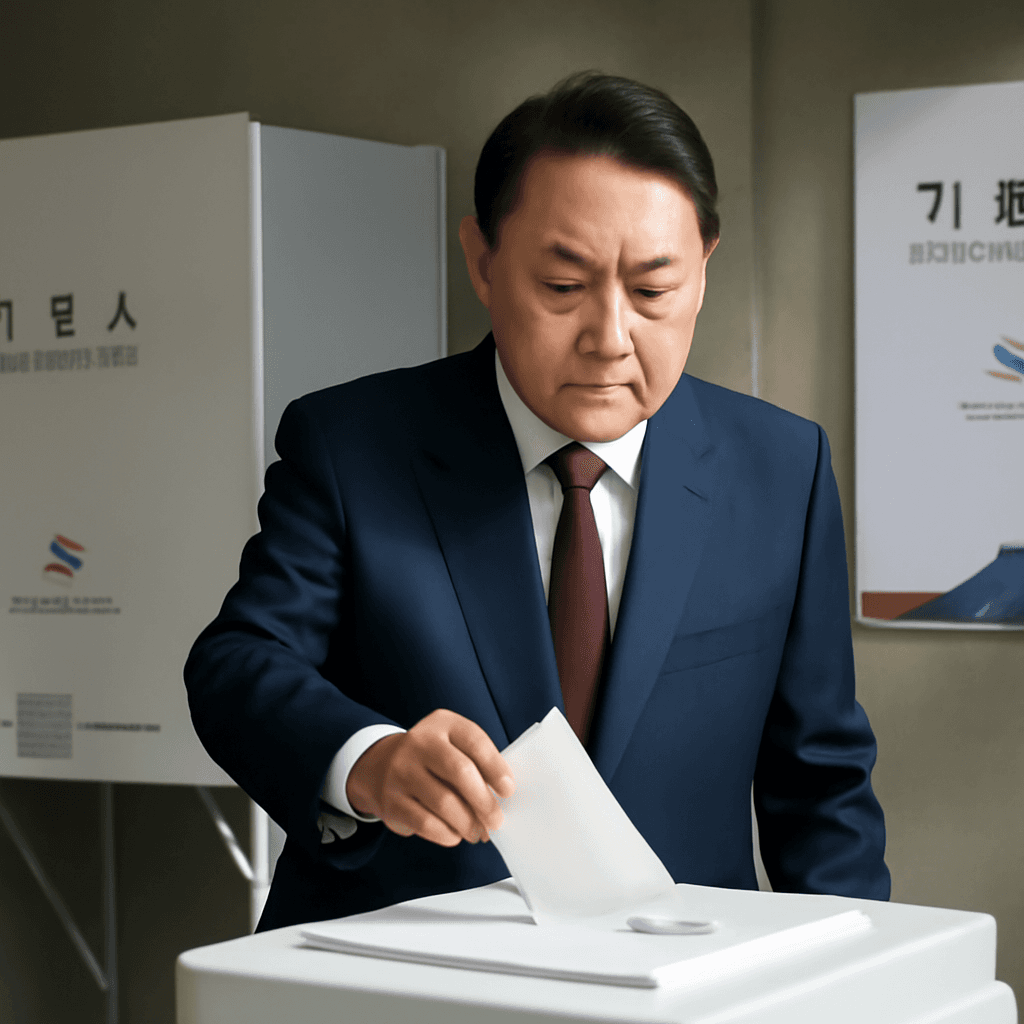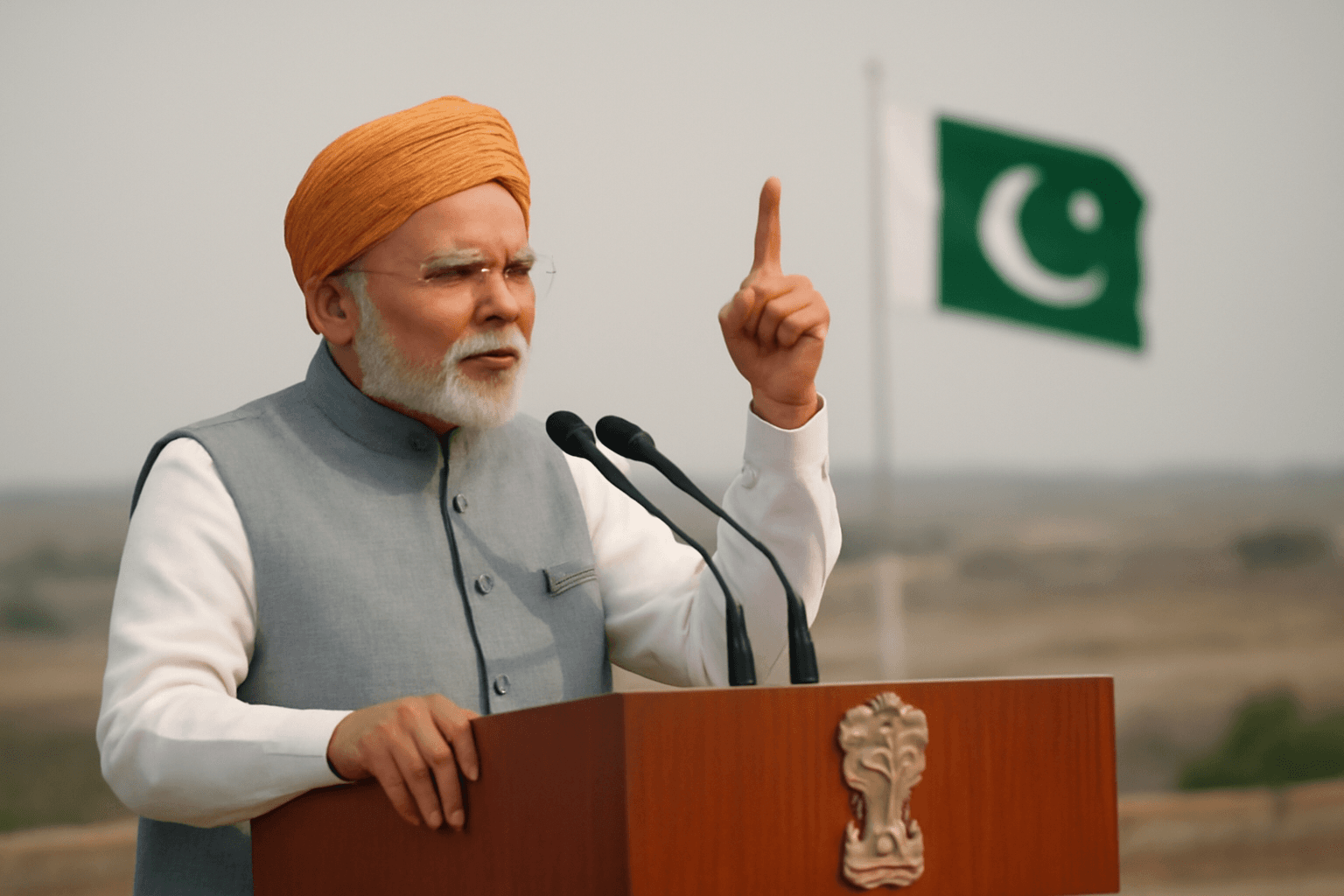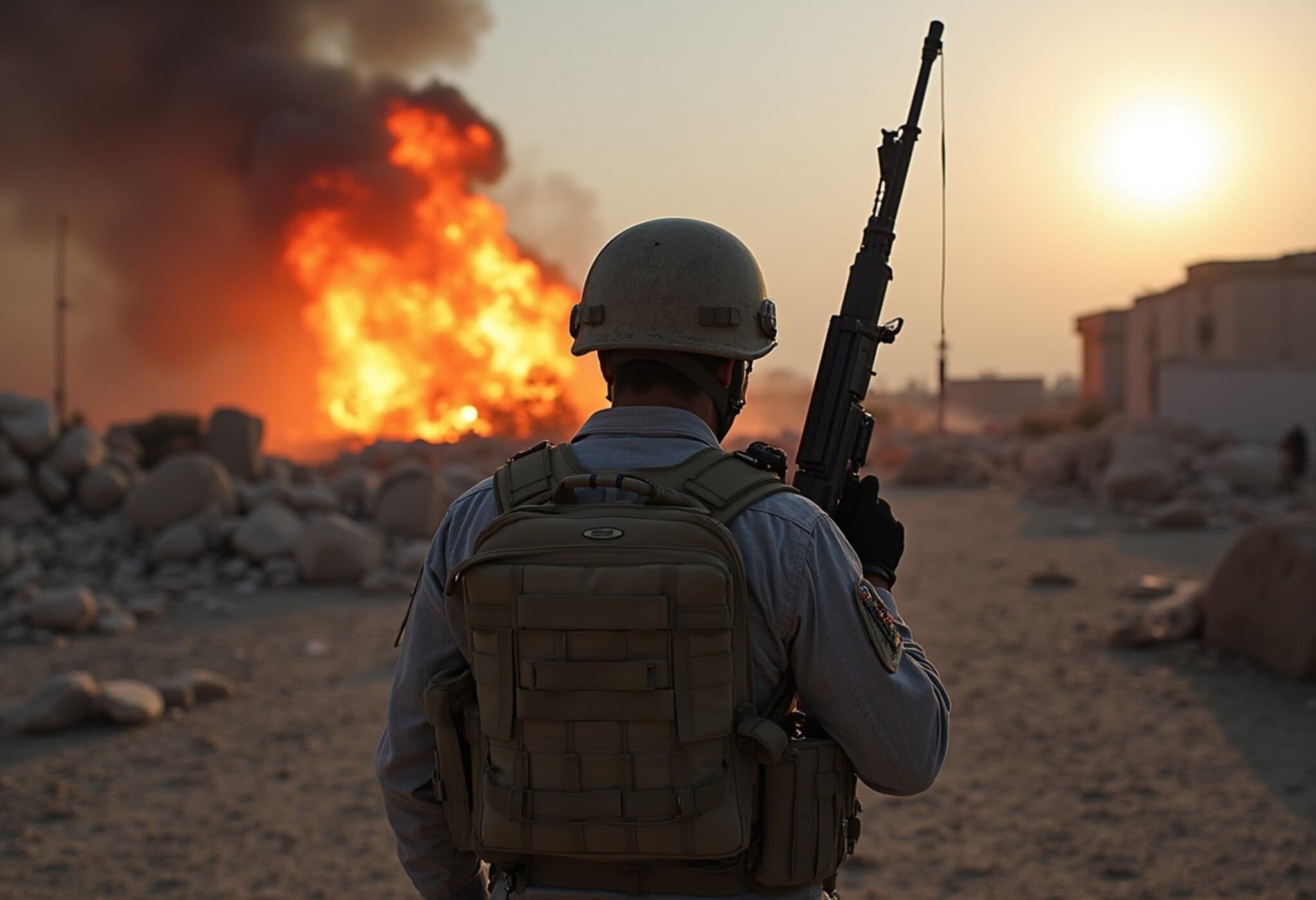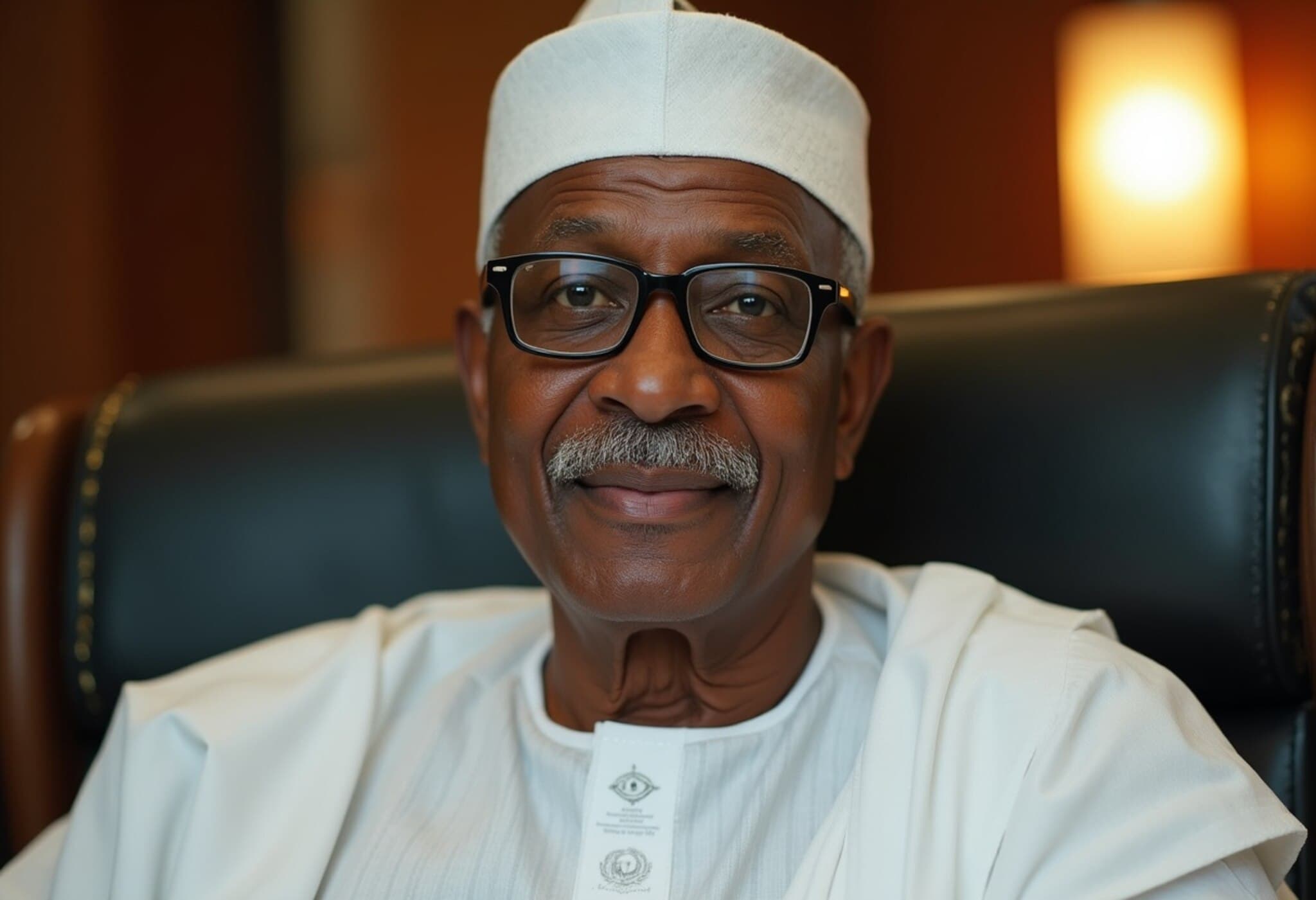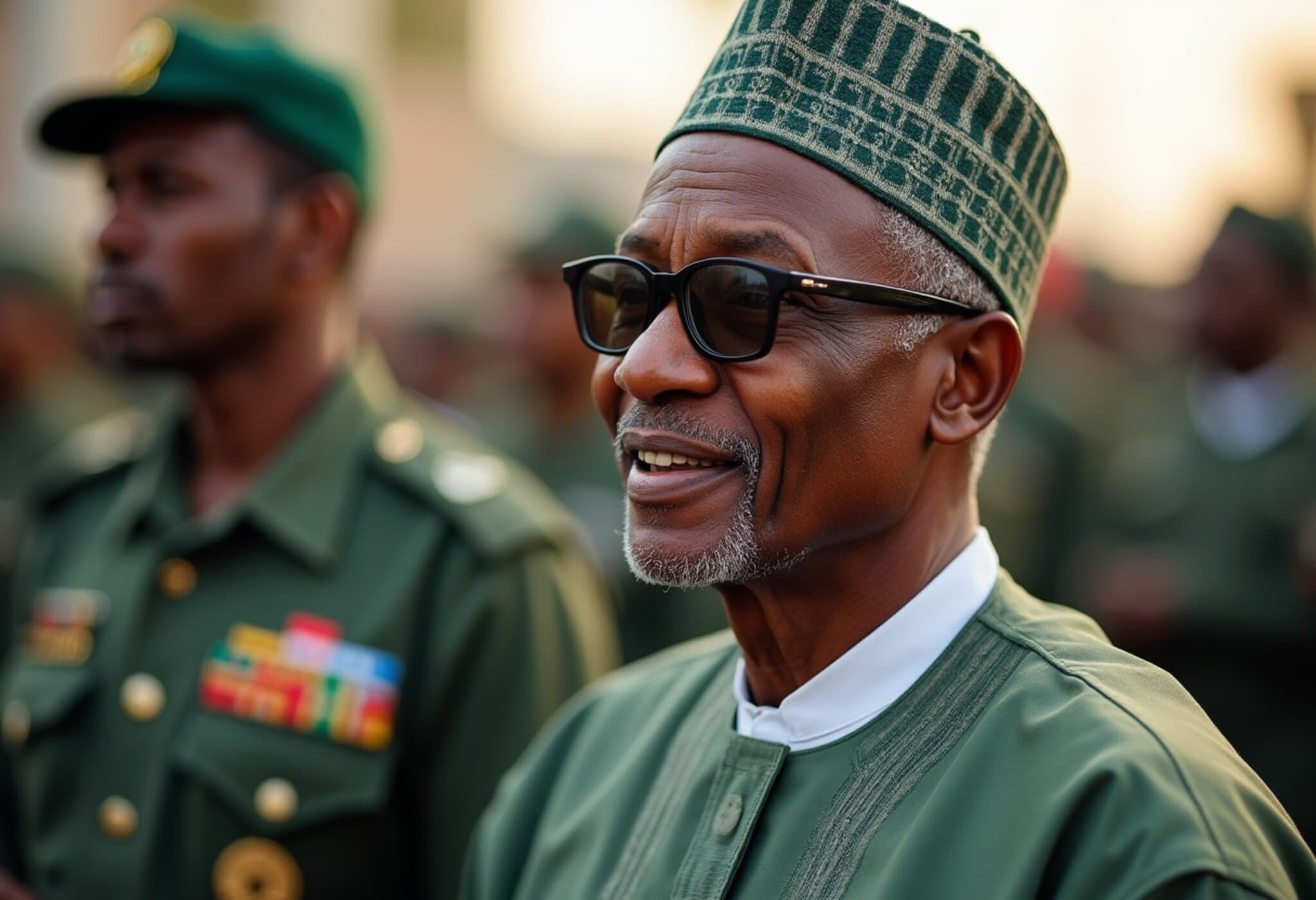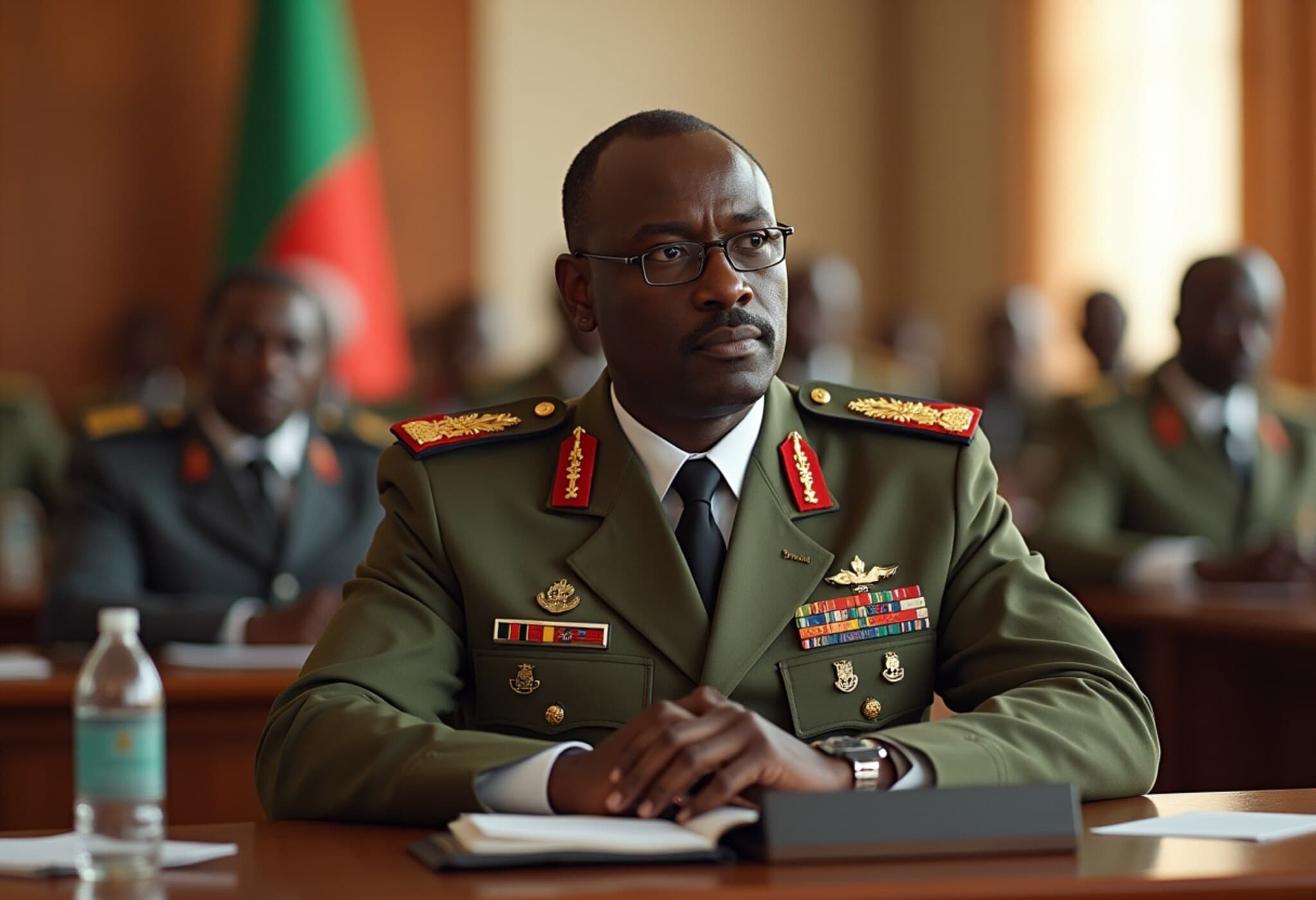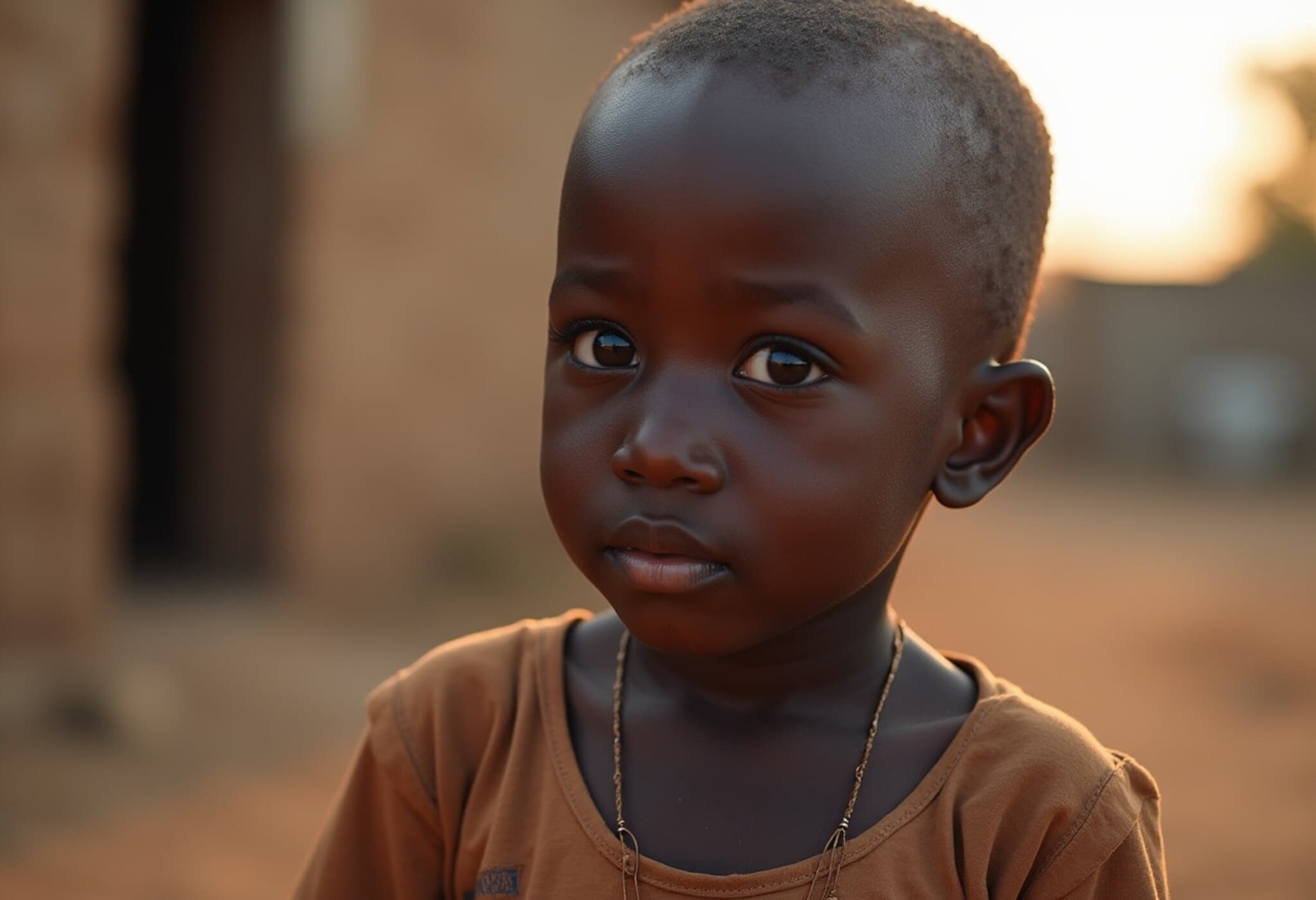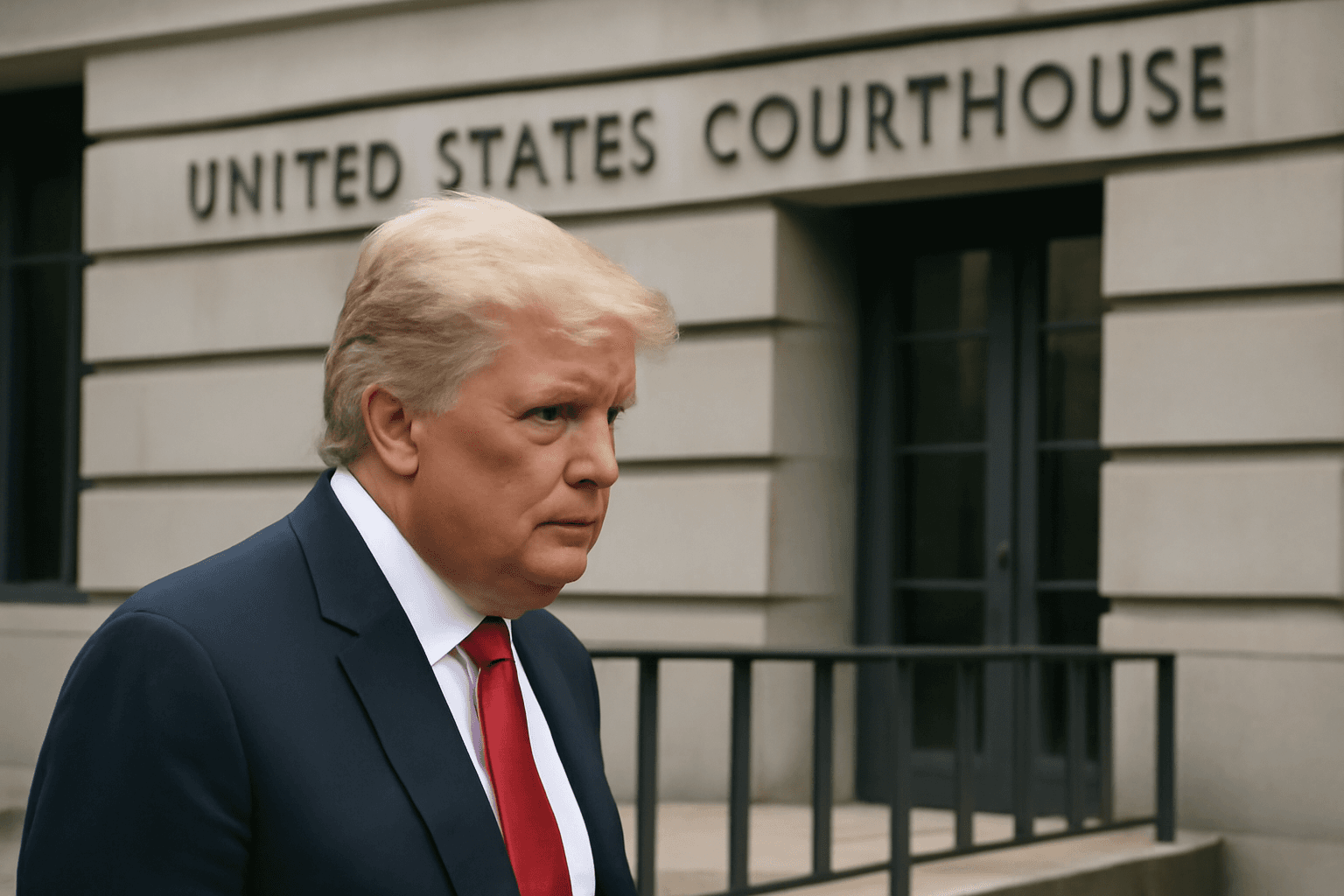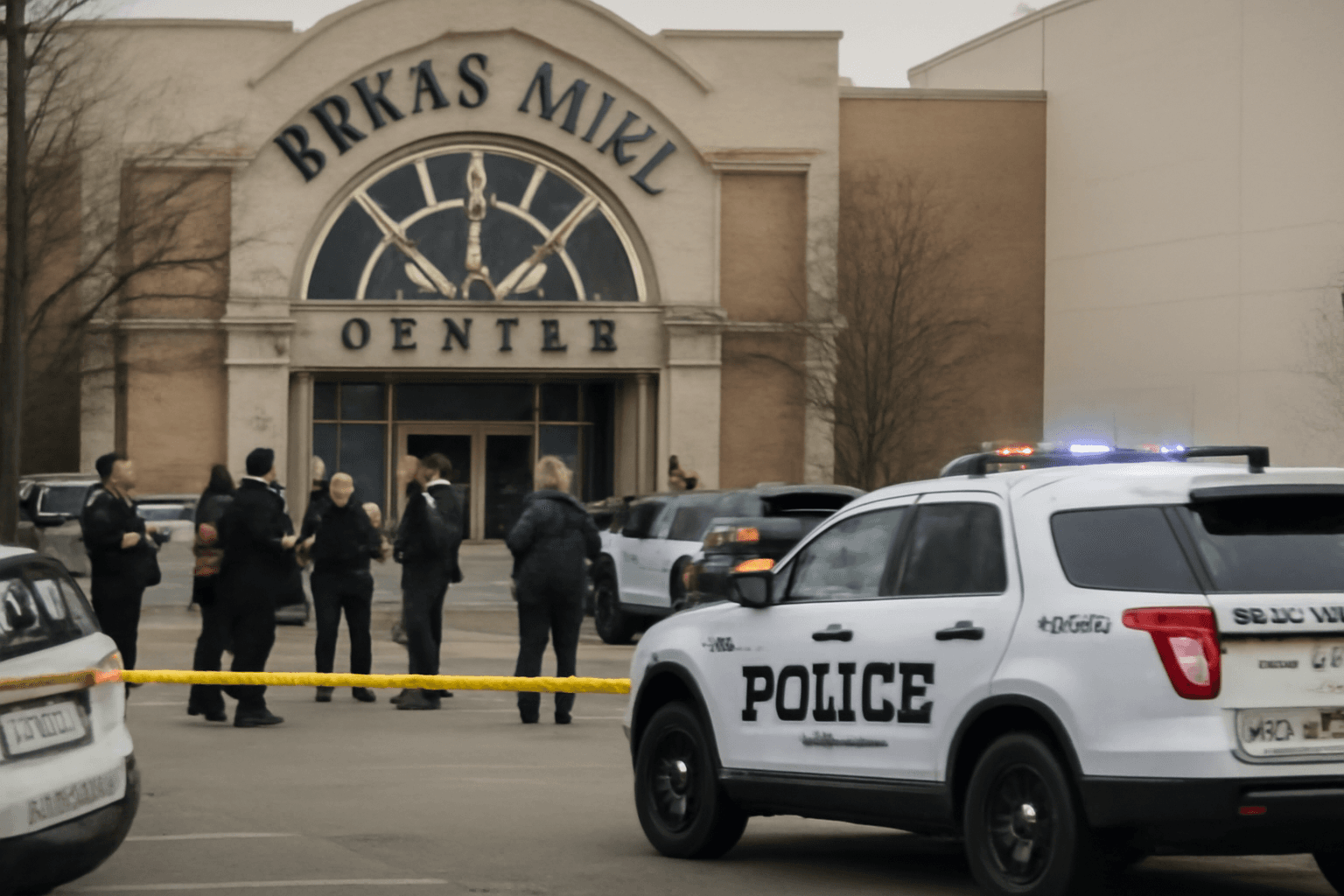The Economic Community of West African States (ECOWAS) marks its 50th anniversary amid significant regional challenges. Leaders convened in Lagos on May 28, 2025, to commemorate the milestone and address pressing concerns including security threats and economic disruptions.
Once hailed as a pillar of stability in West Africa, ECOWAS currently faces a period of fragmentation. Earlier this year, Mali, Burkina Faso, and Niger, all under military juntas, withdrew from the bloc, severely undermining ECOWAS's cohesion and influence. This fragmentation comes at a time when jihadist groups are intensifying attacks across the Sahel and Lake Chad regions, exploiting divisions within member states.
Recent attacks have affected countries like Benin and Nigeria, while the Sahel region has consistently ranked as the global epicenter of terrorism for the second consecutive year, accounting for over half of terrorism-related deaths worldwide, according to the 2024 Global Terrorism Index.
Political instability has exacerbated these difficulties. Widespread public discontent has triggered multiple coups and attempted putsch efforts in nearly half of the original ECOWAS members over the past decade, compromising democratic governance and straining inter-country relations. Experts view the departure of junta-led countries as a significant blow to ECOWAS's credibility and its foundational mission.
Kwesi Aning, a specialist in international cooperation at the Kofi Annan International Peacekeeping Training Centre, described this development as "a disastrous level of leadership amongst ECOWAS leaders," reflecting a loss of the optimism that accompanied the bloc's founding.
As the bloc's current rotating president, Nigerian President Bola Ahmed Tinubu, alongside ECOWAS co-founder General Yakubu Gowon, addressed attendees at the Lagos event. Nigeria, West Africa’s largest economy and most populous nation, was expected to serve as a stabilizing force but faces significant internal challenges, including economic mismanagement, insurgencies such as Boko Haram, and political instability. These factors have substantially diminished Nigeria's leadership capacity within ECOWAS, according to a report by SBM Intelligence.
ECOWAS now finds itself at a critical crossroads, balancing its core objectives of economic integration and peace against the realities of escalating insecurity, democratic erosion, and internal factionalism.
Furthermore, regional trade has suffered. Before tensions escalated following Niger’s July 2023 coup, Nigerian traders frequently exported edible grains through the bustling Dawanau market in Kano State. Although the volume of exports to Niger remains relatively steady, the cost of trade has surged due to increased import duties—rising fivefold—triggering a surge in smuggling across the porous borders. Traders and truckers report paying import taxes on trucks have increased from approximately 100,000 naira ($64) to about 500,000 naira, intensifying economic pressures for cross-border commerce.
As ECOWAS commemorates its half-century milestone, the bloc faces a defining moment in redirecting its mission towards restoring regional stability, democratic governance, and economic cooperation.

